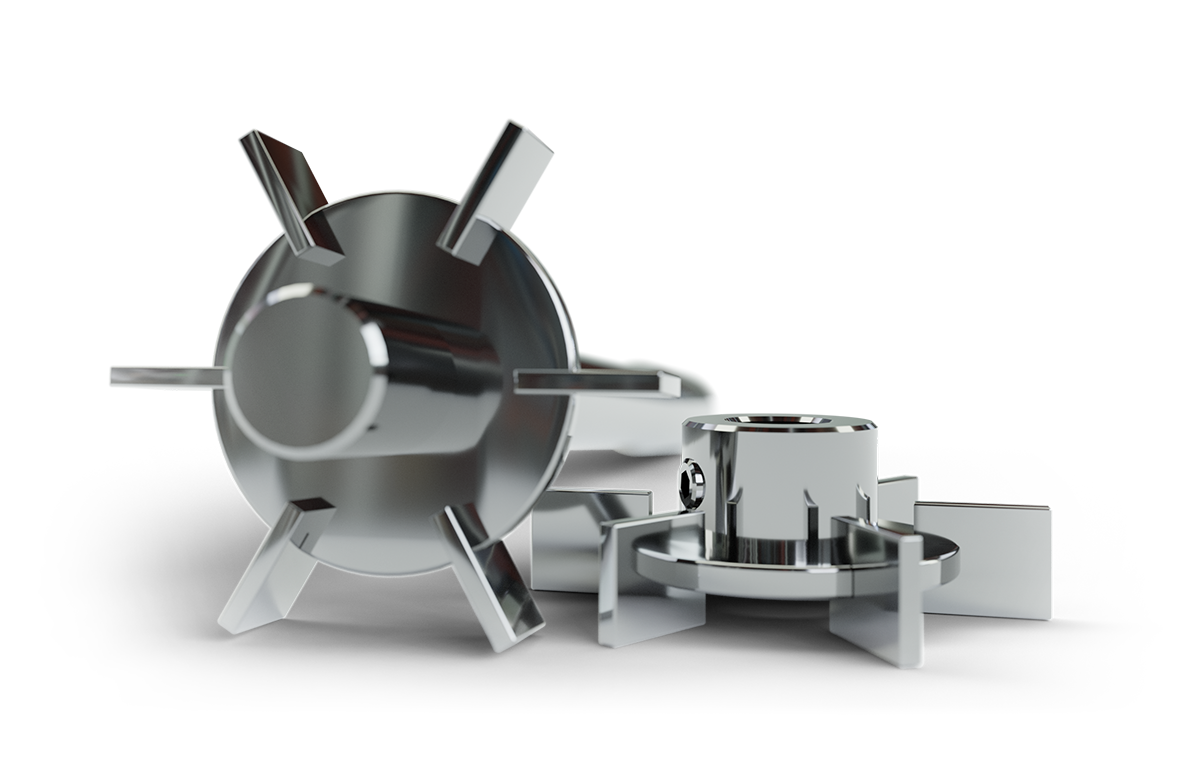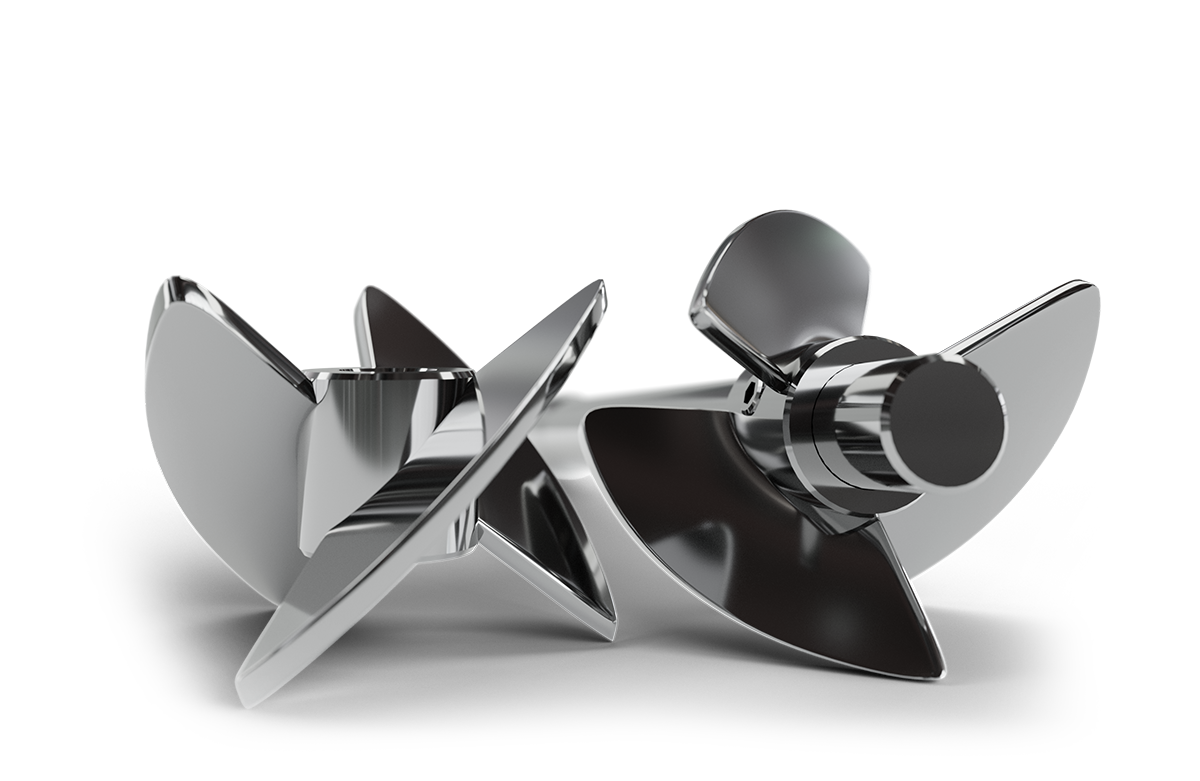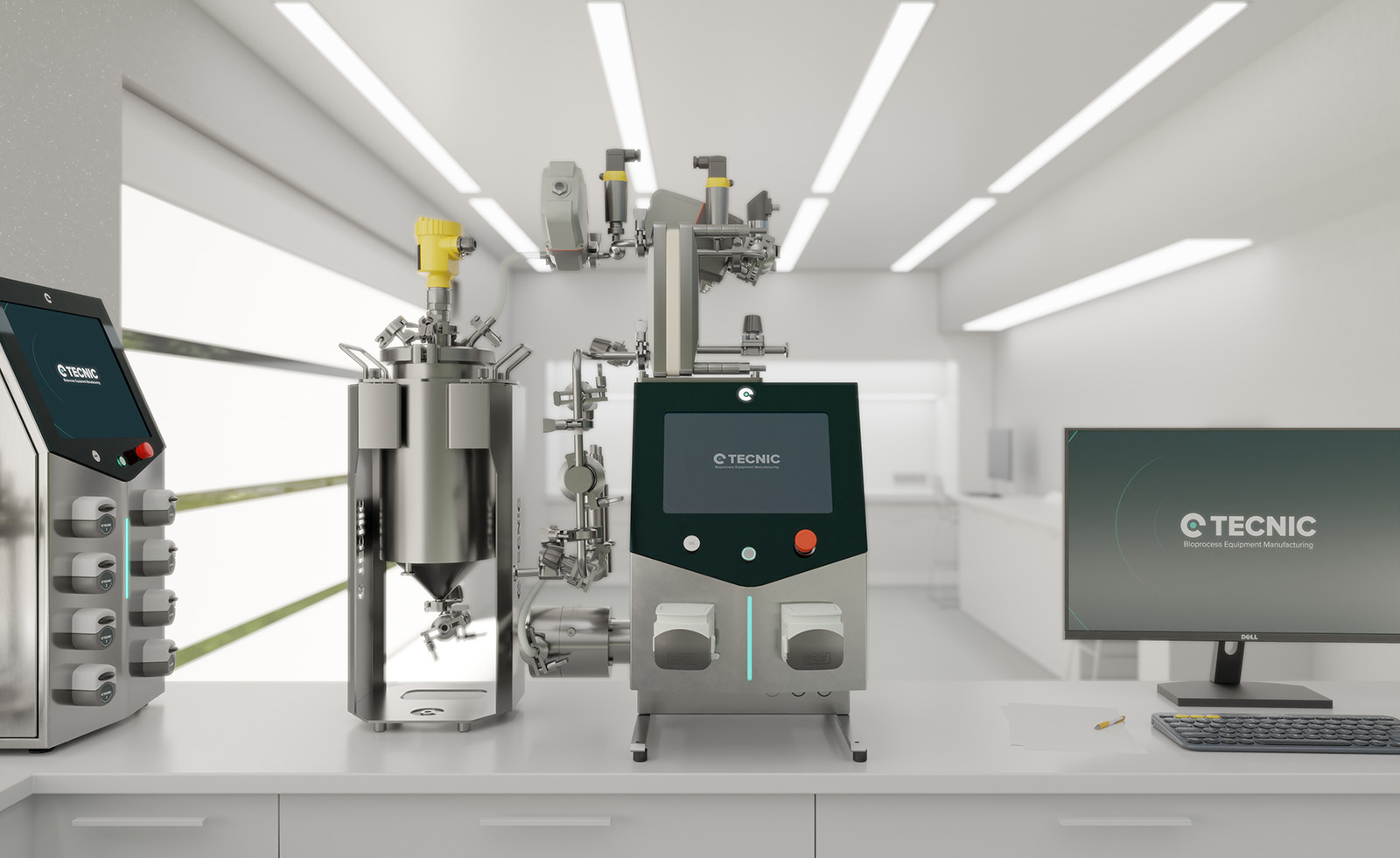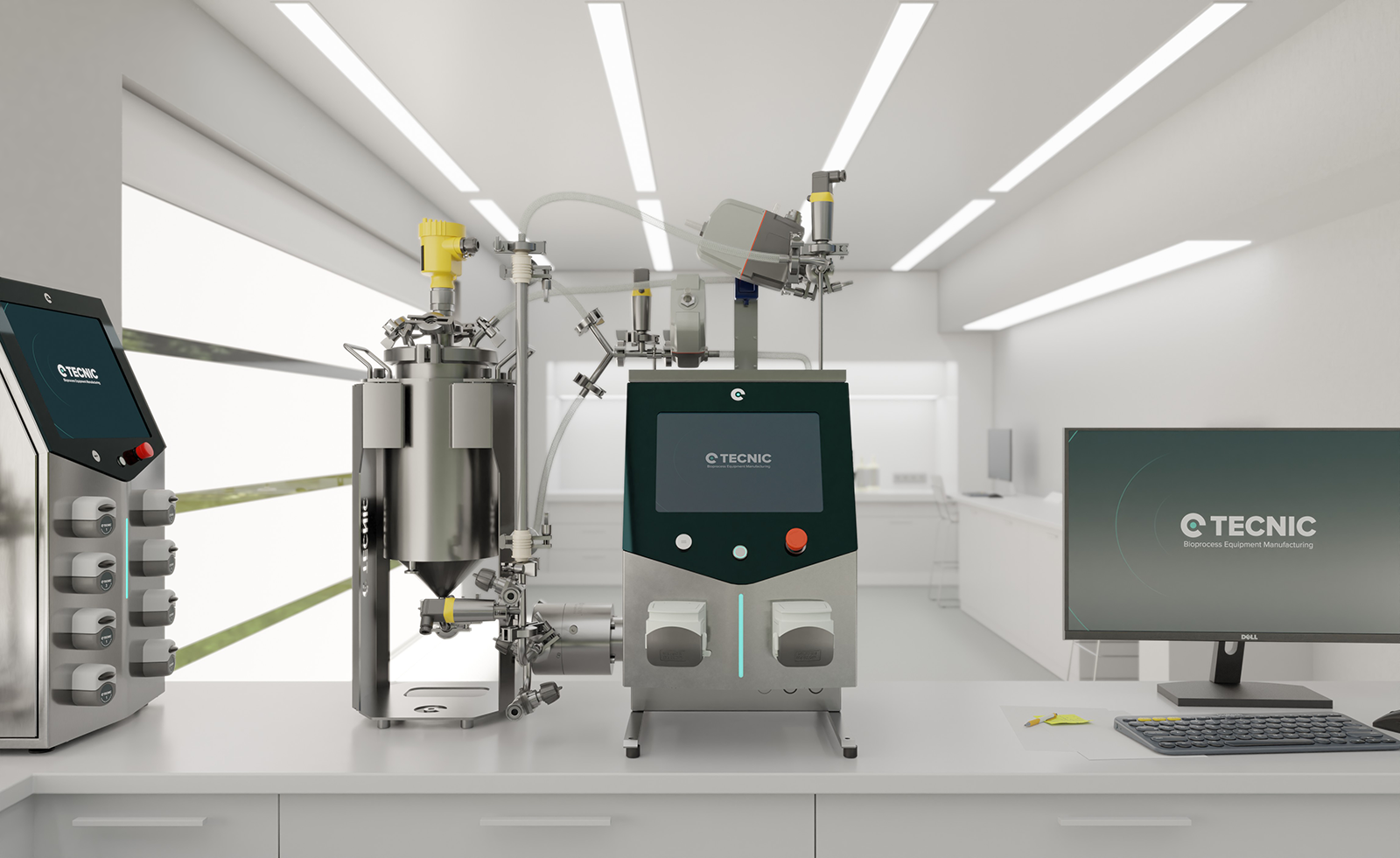Biotechnology, although a specialised branch of science, has a much closer presence in our everyday lives than we might imagine. From the food we eat to the medicines we take, this science plays a crucial role in improving our quality of life in surprising and often invisible ways. In this blog, we will explore how biotech impacts our everyday lives and transforms fundamental aspects of our environment and well-being.
Biotechnology in food and nutrition
One of the most obvious areas where biotechnology has a direct impact is in food. Thanks to advances in agricultural biotech, we now have genetically modified (GM) crops that are more resistant to pests and diseases, and that can grow in adverse climatic conditions. These advances not only ensure greater food production, but also help to reduce the use of pesticides and other harmful chemicals.
In addition, biotech has enabled the development of functional foods, those that have been fortified with additional nutrients to improve health. A common example is omega-3 enriched milk or yoghurts with probiotics that help maintain a healthy digestive system.
Biotechnology in health and medicine
In the field of health, biotech has been revolutionary. Gene therapies, which seek to correct genetic defects directly in DNA, are emerging as promising treatments for hitherto incurable diseases. In addition, the production of drugs, such as recombinant insulin for diabetes, has significantly improved the lives of millions of people.
Vaccines are another obvious example. Thanks to biotechnology, it has been possible to rapidly develop and produce effective vaccines against serious diseases, such as influenza or COVID-19, demonstrating once again the power of this science in protecting global health.
Biotechnology and the environment
Biotechnology also plays a vital role in protecting the environment. Creating biofuels from renewable feedstocks, such as algae or agricultural waste, offers a sustainable alternative to fossil fuels. These biofuels not only reduce greenhouse gas emissions, but also promote the efficient use of resources.
In addition, advances in biotech have led to the development of methods for bioremediation, which is the use of living organisms to clean up pollutants in the environment. For example, certain bacteria can break down oil spills, while some plants can absorb heavy metals from the soil, helping to restore damaged ecosystems.
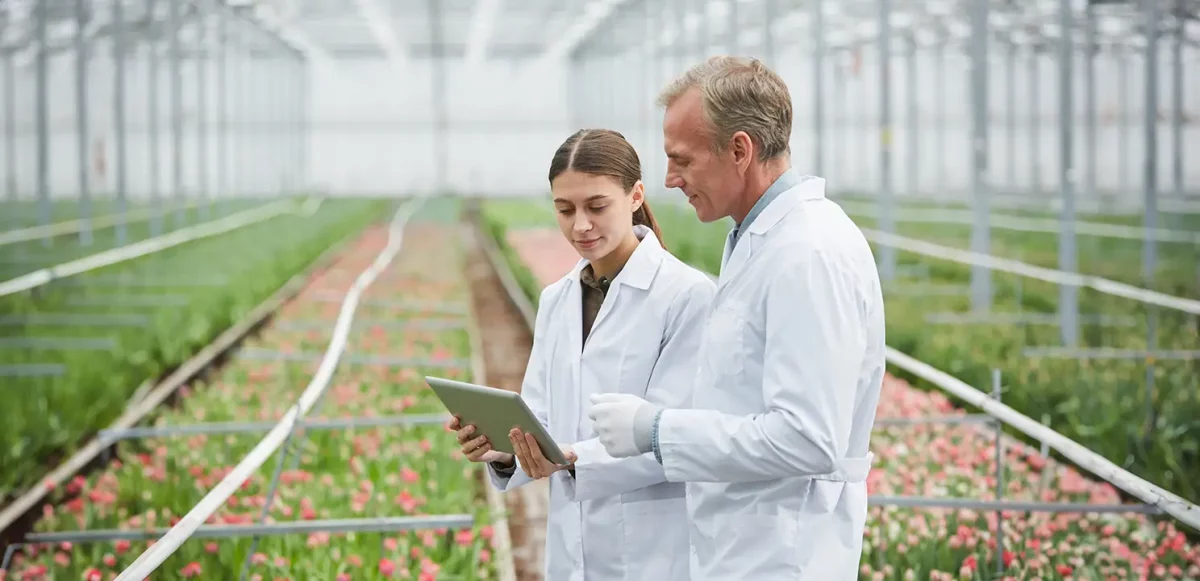
Biotechnology in industry
In industry, biotechnology is transforming the way goods are produced. The use of microorganisms to manufacture chemicals, materials and fuels is booming. These bioprocesses are not only more sustainable, but can also be more efficient and economical than traditional methods.
One example is bioplastic, a type of plastic produced from biological resources such as corn or sugar cane. Unlike conventional petroleum-based plastics, bioplastics are biodegradable and have a lower environmental impact.
Future and opportunities
Biotech is constantly evolving and its future applications are promising. From the creation of lab-grown meat, which could revolutionise the food industry and reduce the need for intensive livestock farming, to the development of new personalised treatments based on an individual's genetic profile, the possibilities are vast and exciting.
At TECNIC, we are committed to supporting and accelerating these advances. We offer a wide range of biotechnology equipment and solutions that enable our customers to take their research and development from the laboratory to production, efficiently and accurately.
Conclusion
Biotechnology is constantly evolving and its future applications are promising. From the creation of lab-grown meat, which could revolutionise the food industry and reduce the need for intensive livestock farming, to the development of new personalised treatments based on an individual's genetic profile, the possibilities are vast and exciting.
At TECNIC, we are committed to supporting and accelerating these advances. We offer a wide range of biotech equipment and solutions that enable our customers to take their research and development from the laboratory to production, efficiently and accurately.
Frequently Asked Questions (FAQ)
Biotechnology is a scientific discipline that uses living organisms, biological systems or derivatives thereof to develop products and technologies with applications in areas such as health, agriculture, industry and the environment.
Biofuels are fuels produced from renewable feedstocks such as algae, agricultural residues and plants. These fuels are a sustainable alternative to fossil fuels and help reduce greenhouse gas emissions.
Bioremediation is the use of living organisms, such as bacteria and plants, to remove pollutants from the environment. This technique is used to clean up oil spills, heavy metals and other pollutants from soil and wate.
Functional foods are those that have been fortified with additional nutrients to enhance health benefits. Examples include omega-3 enriched milk and probiotic yogurts that support a healthy digestive system.
Personalized medicine is a medical approach that uses genetic information from an individual to tailor treatments specifically for them. This approach can lead to more effective and targeted therapies with fewer side effects.











